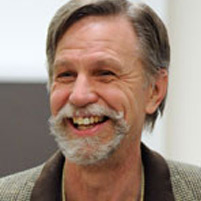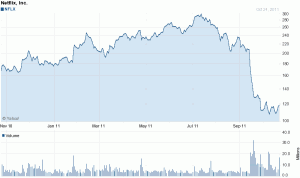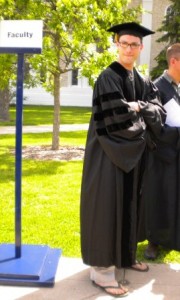
Here it comes, our tri-annual message on CTL Workshops:
If you think a Cartesian coordinate is a what you wear to go with your favorite sweater, it might be time for you to bone up on your quantitative skills. And, right on cue, the CTL if offering a series of quantitative workshops — 90 minutes to a better, more quantitatively adept you. The topics are basic algebra, graphs, and word problems, and there are two chances for each.
Workshops are in Briggs 420 and run 90-ish minutes.
Graphing
- 5:30 PM on Wednesday, January 11th
- 7:30 PM on Monday, January 16th
The graphing workshop will cover the following topics:
- Graphs of linear equations, quadratic equations, exponential functions, trigonometric functions and more…
- Significance of slope in various applications
- Displacement of graphs
Word Problem
- 5:30 PM on Thursday, January 12th
- 7:30 PM on Tuesday, January 17th
The word problem workshop will cover the following topics:
- Problem solving strategies useful in working with quantitative concepts
- How to extract useful information from a problem and how to relate similar problems
- Hands-on experience working on interesting and challenging word problems
Algebra
- 5:30 PM on Friday, January 13th
- 7:30 PM on Wednesday, January 18th
The algebra workshop will cover the following topics:
- Basic algebraic operations and the law of exponents
- Binomial multiplication and factorization
- Important algebraic identities
- Techniques for solving quadratic and fractional systems of linear equations
- Basic concepts and identities of trigonometry
 The Economics Department
The Economics Department 





